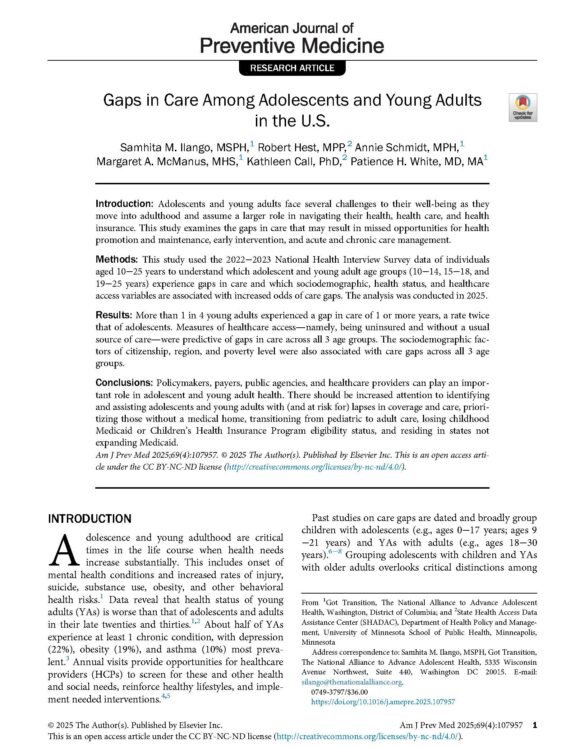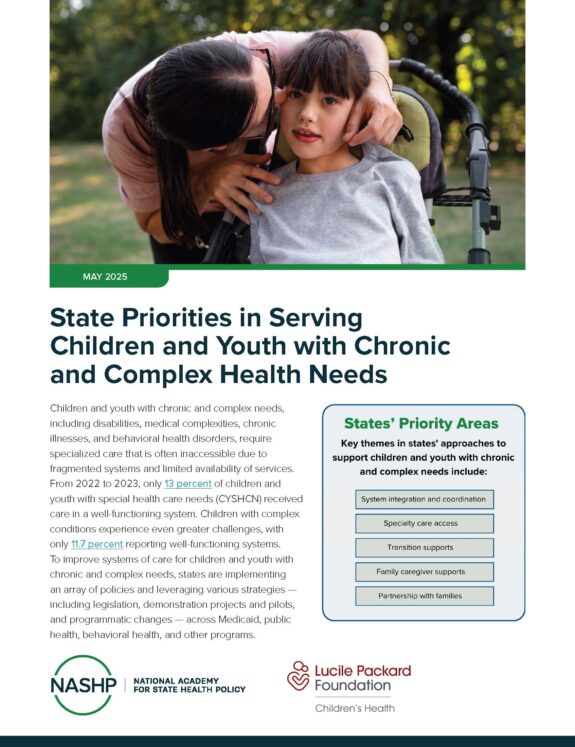Supporting Self-Management in Children and Adolescents with Complex Chronic Conditions
Self-management improves health outcomes in chronic illness not only by improving adherence to the treatment plan but also by building the individual’s capacity to navigate challenges and solve problems. Support for self-management is a critical need among children and adolescents with (medically and/or socially) complex chronic conditions.
Self-management support refers to services that health systems and community agencies provide to persons with chronic illness and their families to facilitate self-management; it is a collaboration between the patient, family, and care providers. Evidence has guided the development of self-management support approaches and tools for adults and has led to an increased adoption of best practices in adult chronic illness care. However, adult models fail to account for some key differences between children and adults, namely, the integral role of parents and/or caregivers and youth development over time.
There is a need for self-management support models that take into account the developmental trajectory across the pediatric age range. Effective approaches must also recognize that in pediatrics, self-management is really shared management between the youth and the parent(s) and/or caregiver(s).
Health systems should design care to address self-management for pediatric patients. Although clinicians recognize the importance of self-management in youth with complex chronic conditions, they need standardized approaches and tools to do the following: assess the self-management skills of youth and families, assess modifiable environmental influences on chronic conditions, collaboratively set self-management goals, promote competence and eventual autonomy in youth, share the responsibility for self-management support among nonphysician members of the health care team, and leverage community resources for self-management support.
Related Webinar: The lead author and experts in the field review the article’s key content and discuss how health systems could better support self-management by pediatric patients and their families.
This article is part of a supplement to Pediatrics entitled, “Building Systems that Work for Children with Complex Health Care Needs.”


